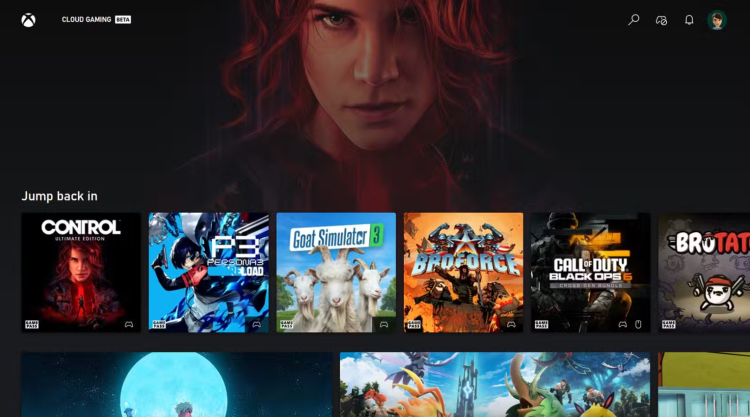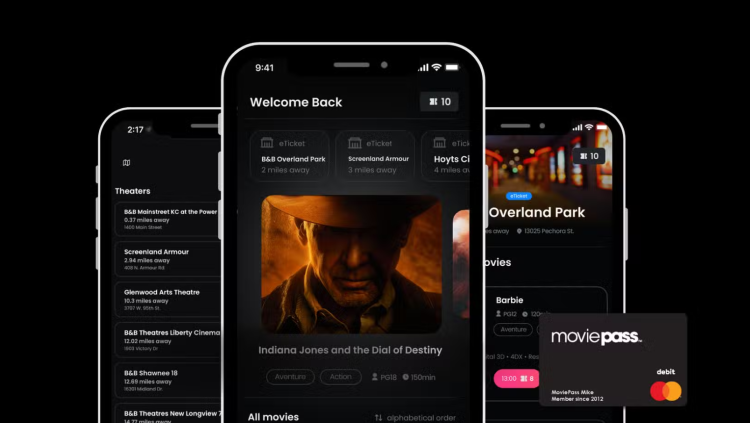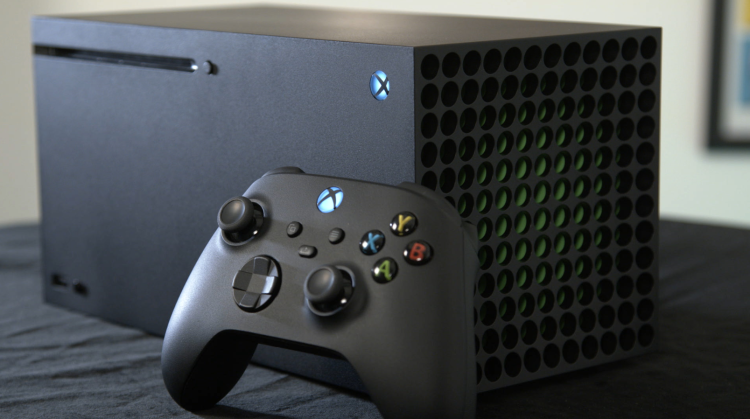RIP: Xbox Game Pass Faces Major Price Hike and Restructuring
Xbox Game Pass has gone through many adjustments since its 2017 launch, but its latest overhaul represents a decisive shift away from the service’s original appeal. Microsoft has rolled out new subscription tiers, renamed existing ones, and introduced updated perks, while simultaneously raising the cost of its most popular plan. The result is a subscription model that feels significantly less generous than the one that built its reputation.
As of October 1, Xbox has replaced the old Core and Standard tiers with new Essential and Premium options. Essential subscribers now pay $10 a month for access to a library of 50+ games, cloud streaming, and PC compatibility. Premium, at $15 a month, expands the catalog to over 200 titles and also includes streaming. These plans offer reasonable access for casual players, but they lack the single feature that made Game Pass such a strong proposition: day-one access to major new releases.
That benefit is now locked exclusively behind Game Pass Ultimate, which has seen its monthly price raised from $20 to $30. The increase makes it the only subscription tier offering first-party releases on launch day, alongside the broader catalog and cloud streaming. For many longtime subscribers, the shift dramatically alters the calculation of value.

Image: GamePass via Polygon
When Game Pass debuted in 2017, it cost just $10 per month, or $120 annually. At that price, the service was easy to justify. A subscriber who played only two new $60 titles in a year effectively broke even, with the rest of the library included as a bonus. That value proposition was clear, and it helped Game Pass become widely known as the “best deal in gaming.”
By 2024, pricing had already doubled, with Ultimate at $20 per month. Microsoft’s acquisition of Activision Blizzard softened the blow, as it meant high-profile titles like Call of Duty: Black Ops 6 would arrive on day one at no additional cost. Even at $240 per year, players who engaged with three or four major releases annually could justify the subscription. It remained a strong option for anyone committed to Xbox’s ecosystem.
The new $30 monthly fee pushes the equation further. At $360 annually, the service now requires subscribers to play the equivalent of six $70 games each year to make financial sense. That figure may not seem unrealistic for dedicated players, but it relies heavily on Xbox delivering a steady flow of appealing titles. Recent cancellations of projects like Perfect Dark and Everwild raise questions about whether that consistency can be guaranteed.
Without a predictable pipeline of must-play games, many players could conclude that buying select titles outright is more cost-effective than subscribing. This represents a stark contrast to earlier years, when Game Pass practically sold itself on sheer value.

Here’s every Tokyo Game Show Xbox announcement.
The comparison to MoviePass, a subscription that promised unlimited movie tickets in the mid-2010s before collapsing under its own weight, illustrates the shift in perception. As one writer noted, early Game Pass felt like exploiting a system that offered more than it could sustain. That unsustainable generosity has now given way to a reality that is harder to justify.
The MoviePass example also highlights a critical risk for subscription services: once subscribers begin questioning value, loyalty fades quickly. A steep price hike assumes customers see the service as indispensable, but entertainment subscriptions are rarely essential. They thrive only when the exchange feels advantageous.
The situation leaves Xbox Game Pass at a crossroads. The new Essential and Premium tiers still provide affordable access to hundreds of games, but they no longer carry the defining feature that distinguished Game Pass from other gaming subscriptions. Meanwhile, Ultimate’s $30 cost places it among the most expensive entertainment subscriptions on the market, comparable to premium streaming services that also struggle to justify repeated increases.
The “best deal in gaming” label, once used without hesitation, no longer fits the service under its current model. For players who regularly engage with every new Xbox release, the subscription may still hold value. For others, the calculation is no longer as clear, and that uncertainty may be enough to push them back toward traditional game purchases.

Read about the drama around the Just Cause studio closing after the cancellation of their Xbox exclusive game, Contraband.
Xbox Game Pass is not disappearing, but the shift marks the end of the era that made it a near-universal recommendation. As prices climb and perks shrink for lower tiers, subscribers will have to ask themselves whether the convenience of day-one access is worth the highest monthly cost in the service’s history. At $30 a month, Game Pass no longer sells itself—it must now prove its worth to every player who stays subscribed.

Comments